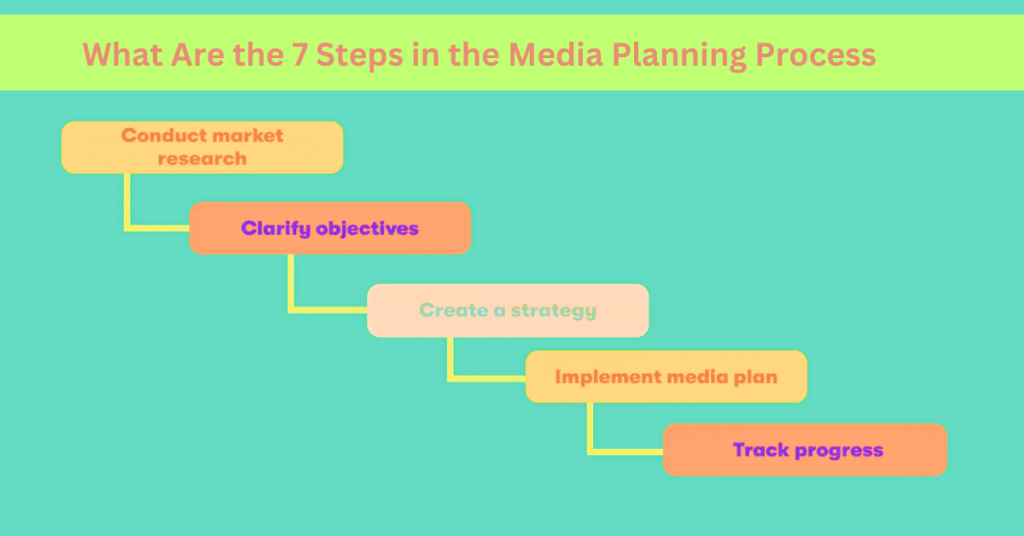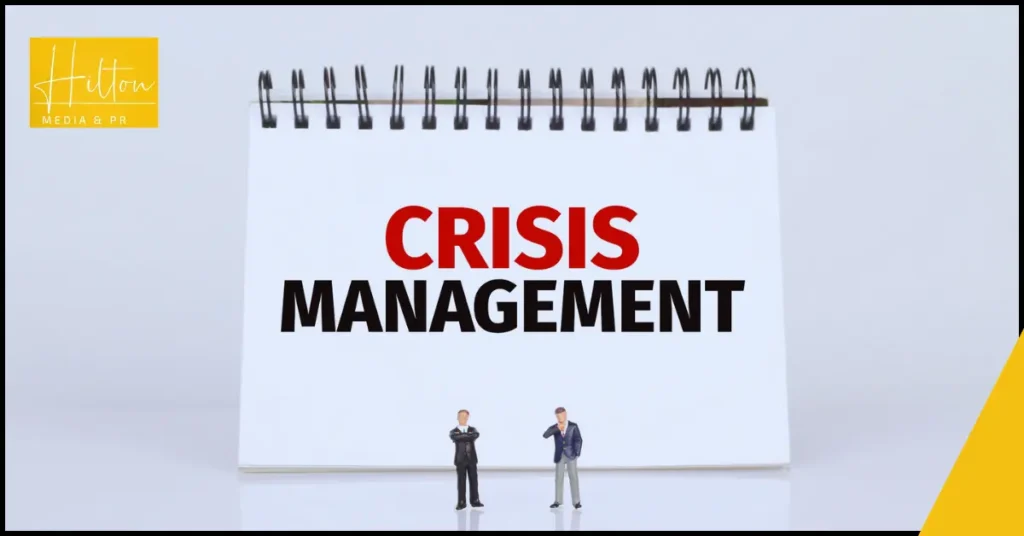In today’s digital age, reputation management is crucial for businesses and individuals alike. Whether you are a brand, a small business, or an individual, your reputation can greatly influence your success. Effective reputation management strategies typically fall into three main categories: Proactive Tactics, Reactive Tactics, and Crisis Management. Let’s explore these in more detail.
1. Proactive Tactics
Proactive reputation management involves taking steps to build and maintain a positive image before any issues arise. This includes creating and sharing positive content about your brand, engaging with your audience regularly, and consistently delivering on your promises. By proactively managing your reputation, you can build a strong, positive presence that can buffer against potential negative events.
Key Proactive Tactics:
- Content Creation: Publishing high-quality, valuable content that showcases your expertise and values.
- Social Media Engagement: Actively engaging with your audience on social media platforms to build relationships and trust.
- SEO Management: Optimizing your online presence to ensure that positive content ranks higher in search results.
2. Reactive Tactics
Reactive tactics are implemented when your reputation is under threat, such as when negative feedback or a damaging news story emerges. The goal here is to respond swiftly and appropriately to mitigate any potential damage. This involves monitoring your online presence and addressing issues as they arise.
Key Reactive Tactics:
- Responding to Negative Reviews: Addressing customer complaints publicly and resolving issues to show that you care about customer satisfaction.
- Monitoring Mentions: Using tools to keep track of what is being said about your brand online, allowing you to respond quickly to any negative mentions.
- Public Relations Efforts: Issuing statements or press releases to clarify your position and manage public perception.
3. Crisis Management
Crisis management comes into play when a significant issue threatens to severely damage your reputation. This requires a well-thought-out plan to address the crisis, communicate with stakeholders, and restore your reputation as quickly as possible. Effective crisis management can prevent a bad situation from spiraling out of control.
Key Crisis Management Tactics:
- Crisis Communication Plan: Developing a communication strategy that outlines how to handle various types of crises, including who will speak on behalf of the company and what messages will be conveyed.
- Stakeholder Engagement: Keeping key stakeholders, such as employees, customers, and investors, informed and reassured during a crisis.
- Post-Crisis Analysis: After the crisis is resolved, conducting a thorough analysis to understand what went wrong and how to prevent similar situations in the future.
Conclusion
Understanding and implementing these three categories of tactics—proactive, reactive, and crisis management—are essential for effective reputation management. By being proactive, responding effectively when challenges arise, and managing crises with care, you can protect and enhance your reputation in the long term.
This approach will not only help you maintain a positive image but also build trust and credibility with your audience, which is crucial for your success.













